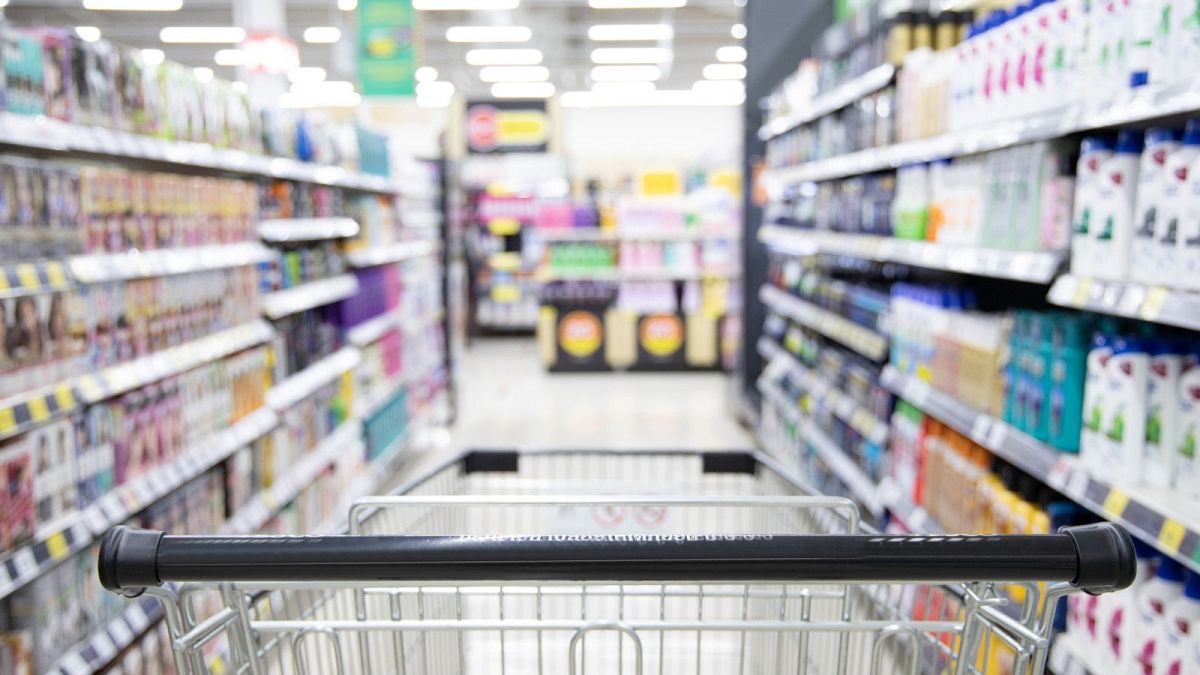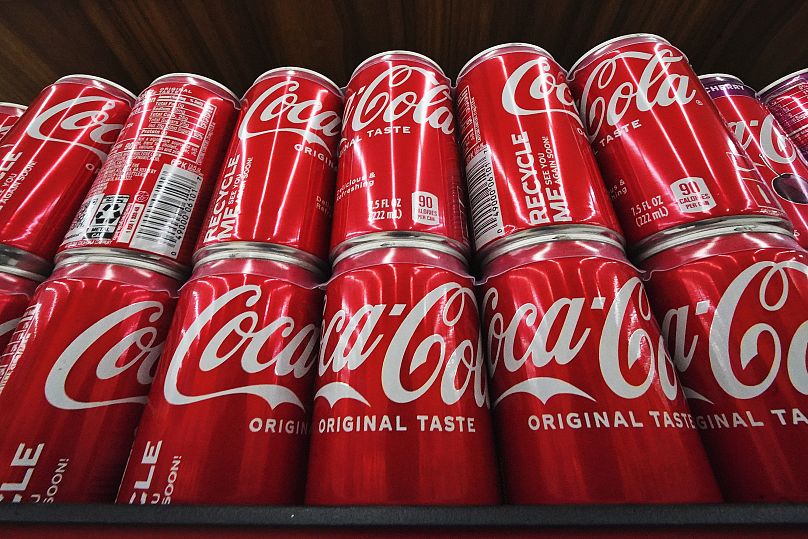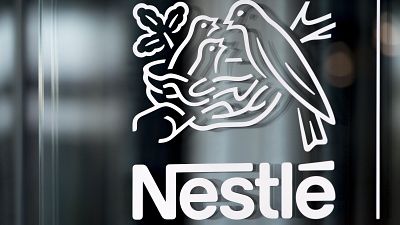2023 promises to be the year that regulators really crack down on misleading green claims.
Companies wrongly labelling food, drinks and toiletries as “sustainable” in 2023 will be hearing from the UK’s competition watchdog.
The regulator suspects firms may be exaggerating their green credentials in an attempt to woo climate-conscious consumers in the country’s fast-moving consumer goods sector, which is worth £130 billion a year.
Its latest greenwashing probe, announced yesterday, comes a year after Britain’s Competition and Markets Authority (CMA) started looking into misleading green claims in the fashion industry.
"We're concerned many shoppers are being misled and potentially even paying a premium for products that aren't what they seem," says CMA chief executive Sarah Cardell. “Now is a good time for businesses to review their practices and make sure they're operating within the law.”
The new investigation will cover food, drink, cleaning products, toiletries and personal care items such as toothpaste and laundry detergent, the CMA said.
Clothing retailers ASOS, Boohoo and supermarket Asda's brand George are still being investigated, it added in an update.
Which new companies will be scrutinised for greenwashing?
Major players in the fast-moving consumer goods (FMCG) sector include Unilever, Nestle,Coca-Cola and Procter & Gamble, as well as manufacturers of private-label products for supermarkets. The CMA said it would scrutinise big and small companies.
Depending on what it finds, the regulator said it could consider taking enforcement action or opening an investigation into a specific company.
The CMA is currently unable to fine companies for greenwashing; it can only ask them to make changes and take them to court if they refuse.
But, director of consumer protection Cecilia Parker Aranha told marketing newsite the Drum, “The government is consulting on introducing this power under consumer law and the CMA wouldn’t hesitate to use it for the worst offenders.
“In the meantime, we know that reputation is hugely important for lots of brands, particularly now that consumers are more aware of environmental issues and have higher expectations.”
How else are greenwashing brands being dealt with in 2023?
Companies will have a harder time getting away with false green claims in 2023, as other regulators tighten their rules.
The EU Commission has declared it is time for a clampdown, after finding that 53 per cent of the environmental claims used to sell products in 2020 came with “vague, misleading or unfounded information”.
A draft proposal by the executive body would force companies to substantiate such claims according to a science-based methodology.
This year could also see more countries adopt ad bans on polluting sectors. France became the first country in the world to ban fossil fuel ads entirely in 2022, while the Dutch city of Haarlem is stripping meat advertisements from its streets.




